Genetrace DNA Narcolepsy Test
$194.99$215.99
Uncover your genetic predisposition to narcolepsy with the DNA Narcolepsy Test. This test specifically targets the HLA-DQB1*06:02 gene variant, which is associated with an increased risk of developing narcolepsy. It’s particularly useful for those with a family history of narcolepsy or unexplained excessive daytime sleepiness.
Product Description
 |
   |
   |
   |
How It Works
| STEP 1: Purchase Your Kit | STEP 2: Collect DNA Samples | STEP 3: Mail Samples to Lab | STEP 4: Receive Your Results |
|---|---|---|---|
Your kit will be delivered to your doorstep within days with free nationwide shipping. |
Collect painless mouth swab samples at home with the included materials. |
Mail the samples to the lab using the prepaid shipping envelope. |
Get your results online within 1-2 business days after testing begins. |
Understanding the DNA Narcolepsy Test
This at-home DNA test kit will conclusively determine whether you carry the HLA-DQB1*06:02 genetic variant associated with an increased lifetime risk of developing narcolepsy.
The HLA-DQB1 Gene
The HLA-DQB1 gene is part of the extensive HLA gene family, which includes over 200 genes. These HLA genes are bunched together on chromosome 6 and create parts of the human leukocyte antigen (HLA) complex. This complex is vital for your immune system. It recognizes the proteins that belong to your body and the foreign ones from viruses and bacteria. The HLA-DQB1 gene creates a protein that pairs up with another protein from the HLA-DQA1 gene to show foreign proteins to the immune system. This triggers your body’s defense against these invaders.
Exploring Variations in the HLA-DQB1 Gene
HLA genes differ greatly between individuals. Researchers have discovered several hundred variations (or alleles) of the HLA-DQB1 gene. Each allele is assigned a specific number like HLA-DQB106:02. Certain HLA-DQB1 alleles are linked to various health conditions. For example, the DQB103:02, when paired with DQA103:01 or DQA103:02, raises the risk of celiac disease.
The DQB106:02 allele is particularly significant for narcolepsy risk. It is found in 90-99% of people with narcolepsy. Those who carry two copies of the DQB106:02 allele have an even higher risk than those with one copy. However, the presence of this allele alone isn’t enough to cause health issues, as many people (15-25% of the population) carry this allele but never develop narcolepsy. This suggests that other genetic and environmental factors are involved in narcolepsy’s onset.
Another allele linked to narcolepsy is DQB103:01, but it doesn’t raise the risk as much as DQB106:02. Researchers have also found protective alleles in various populations, including DQB105:01, DQB106:01, DQB106:03, DQB102, and DQB1*06:09. The DQA1 alleles, which create the other part of the DQA1 – DQB1 complex, might also influence risk.
What Is Narcolepsy?
Narcolepsy is a condition that leads to intense daytime sleepiness and sudden, temporary muscle weakness, a phenomenon known as cataplexy. It’s a standalone condition not linked to other diseases or mental health issues.
Narcolepsy impacts between 1 in 2000 and 1 in 5000 people. However, only about 25% of those affected are accurately diagnosed, with many wrongly diagnosed with psychiatric or emotional problems.
What Causes Narcolepsy?
While most narcolepsy cases appear randomly, genetics play a significant role. Relatives of someone with narcolepsy have a 20 – 40 times higher risk of developing the condition. The HLA-DQB1 gene variant is strongly linked to narcolepsy, found in 90-99% of individuals with the condition. Yet, other factors must be involved, as this gene variant is also present in about 15% of the unaffected population.
Many people with narcolepsy experience cataplexy. A deficiency in the neurotransmitter hypocretin is common among these individuals. There is currently no clear genetic mutation identified as the cause, which suggests that narcolepsy may be an autoimmune disease. Other evidence supporting this includes the presence of auto-antibodies near the disease’s onset and an increase in new cases following the 2009 H1N1 influenza vaccination.
Narcolepsy likely also has environmental triggers, potentially including infections, trauma, hormonal changes, stress, or immune system issues.
   |
   |
   |
   |
Age Limit None.
This test can be taken at any age.
Collection Method Buccal swabs.
The test kit contains buccal swabs and instructions for collecting a buccal swab sample from inside the mouth.
Testing Time:
4-6 weeks
Testing Methodology Sequence Based Typing (SBT)
Sample Handling
DNA test kits do not have an expiry date and can be used at any time. Once the DNA sample is collected, it must be returned to the laboratory for testing within three months of collection. No refrigeration is required. Store at room temperature.
Limitations
It is important to remember that the presence of the HLA-DQB1*06:02 allele does not mean that an individual will definitely develop narcolepsy. The HLA-DQB1*06:02 allele does increase the risk but there are many individuals that have this allele and never develop narcolepsy. There are also people that do not have the HLA-DQB1*06:02 allele who develop the disease. Alleles other than HLA-DQB1*06:02 allele will not be identified. An increased risk of narcolepsy and an accurate diagnosis are also dependent on a variety of genetic and non-genetic factors that are not detected by this assay.
Here are the answers to the most frequently asked questions about this test.
Are my results confidential?
Yes, your results are 100% confidential. No one will be able to access your account or your results unless you give them your confidential account login. You can change the password to your account at any time. Please remember to safeguard your login information and not share it with anyone.
How long does the test take?
Testing begins immediately the day that your samples arrive at the laboratory. In some special situations, additional testing may be required, which could increase the turnaround time by a few extra days. You can check the status of your test online 24/7 using your secure account login. Your test report is released immediately once testing is complete.
Would eating or drinking before collecting my DNA affect my results?
Drinking or eating will not change the results in any way. The reason that you are not supposed to drink or have anything in the mouth for an extended period prior to collection is to ensure that we have enough buccal cells to complete the test. If there are not enough cells to complete the test, then the results will not be released and a recollection will be required.
How do I ship my samples back to the laboratory?
Once you have finished your sample collection, place the collection kit box into the prepaid plastic USPS envelope included with the kit, then mail your samples to the laboratory via your mailbox or a local USPS drop box. If you wish to monitor the status of your shipment, remember to record the tracking number on the shipping label. You can track the status of your shipment using your tracking number on the USPS website.
Do I have to use the return envelope to send my kits back?
No. You can send the kits back to the laboratory using any shipping method of your choosing. Please be advised that if you do not use the included prepaid return mailer to ship your samples, it is your responsibility to ensure that your samples arrive at the laboratory. We will not be able to provide assistance for shipments that do not use our prepaid return mailer.

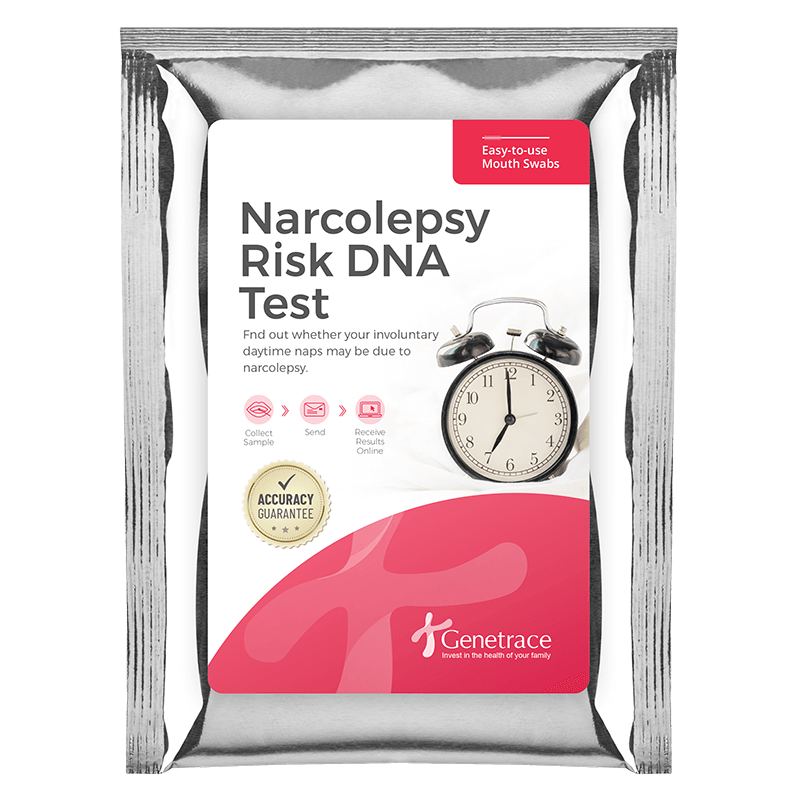

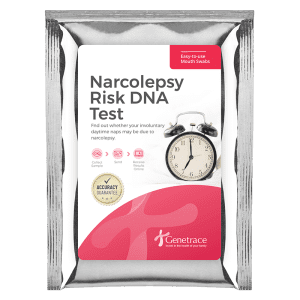

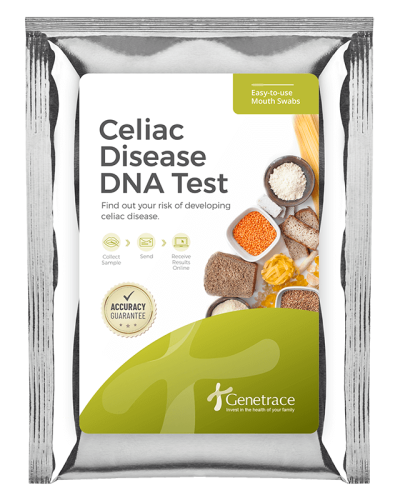

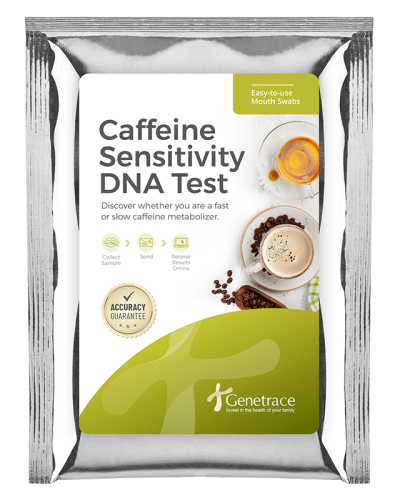
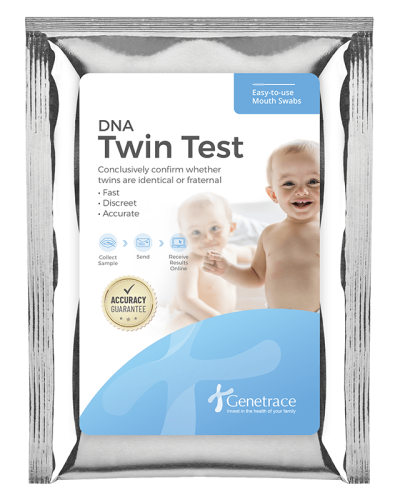
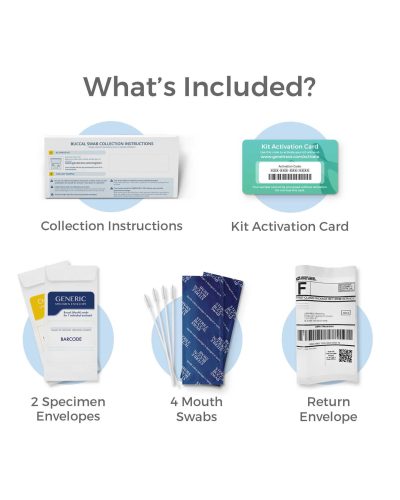
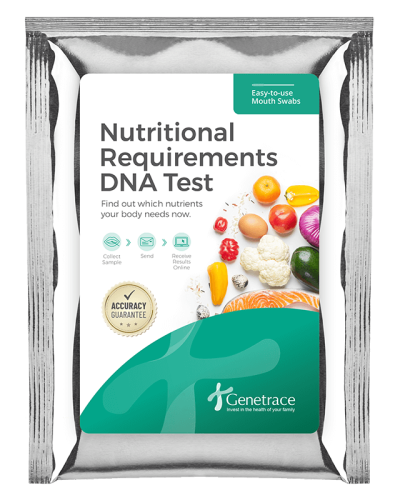

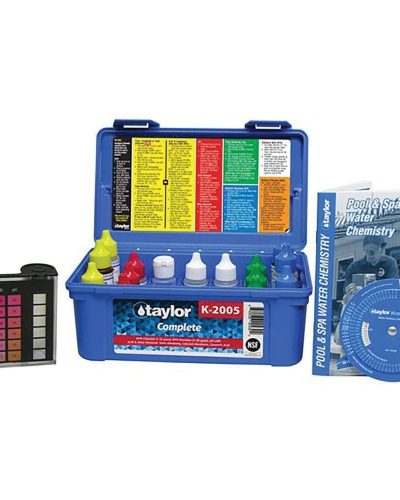
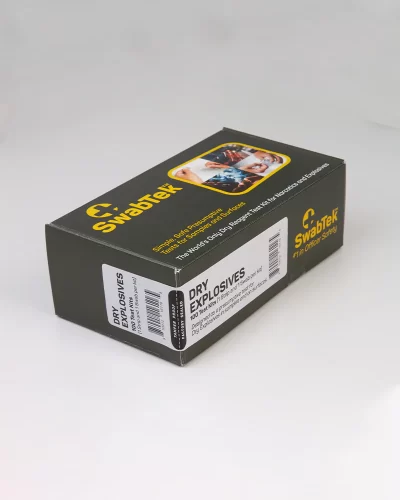
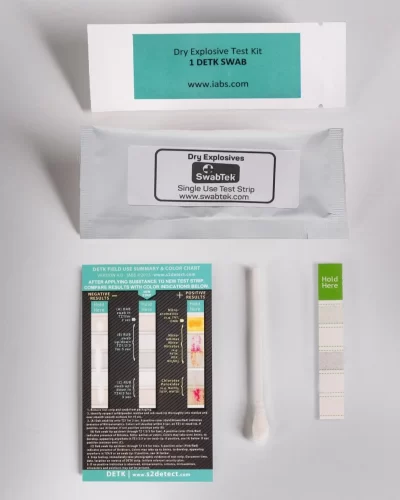
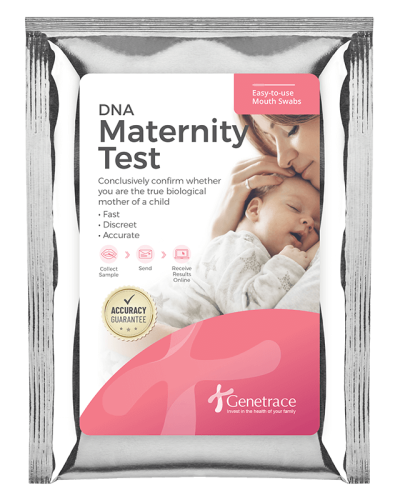
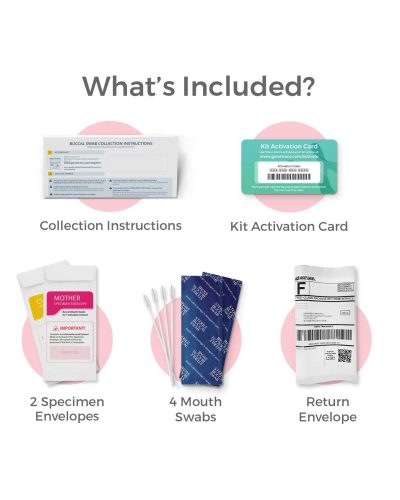
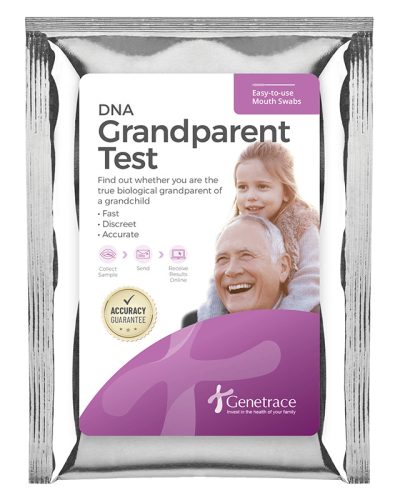
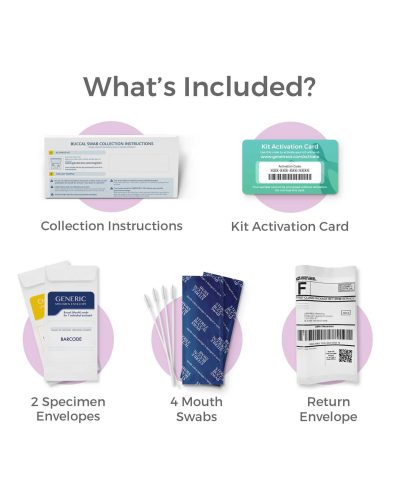
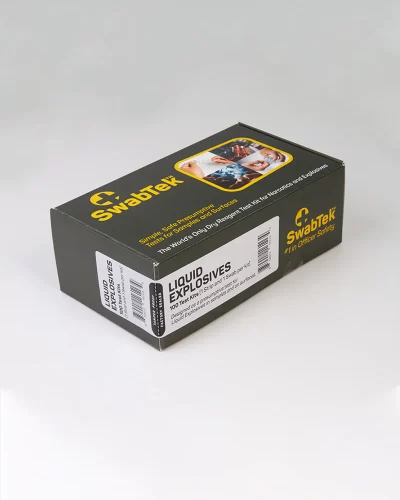
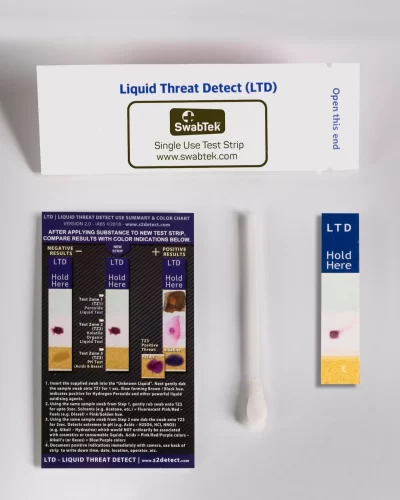
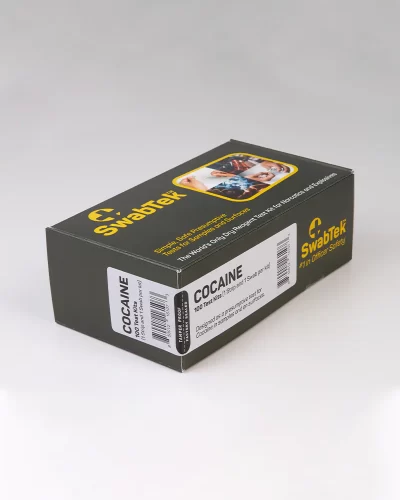
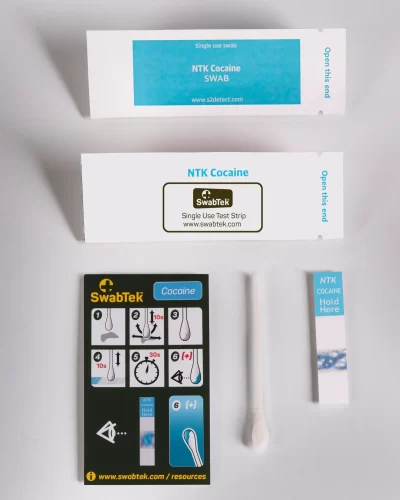
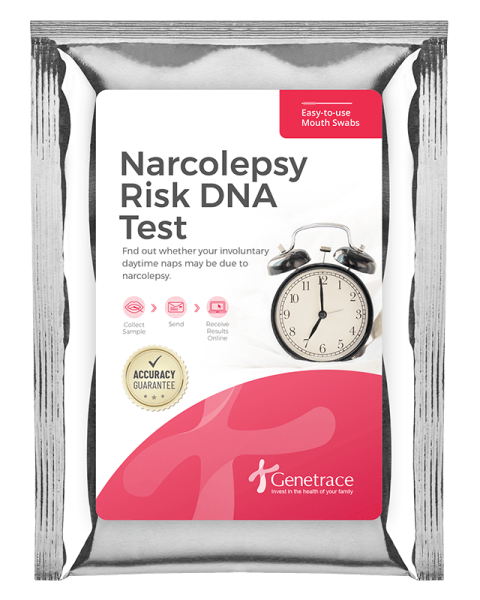

Paisley S.
(verified owner)Very simple to follow, no confusion at all Super easy to talk to and very helpful fast and reliable shipping
Mary Q.
(verified owner)they answered all my questions in no time
Travis U.
(verified owner)was surprised how quick it came back Great team, they actually care about their customers shipped fast, got it sooner than I thought
Maria A.
(verified owner)polite and professional, couldn’t ask for better
Noah I.
(verified owner)Helpful in getting the info I needed polite and professional, couldn’t ask for better crazy fast shipping, very impressed
Cynthia D.
(verified owner)very happy with the service
Frank G.
(verified owner)Very simple to follow, no confusion at all Very satisfied with how they handled everything shipping was way faster than expected
Zachary X.
(verified owner)Pretty straightforward process, glad I got it Top notch customer service, made everything easy Fast shipping, no complaints!
Patty M.
(verified owner)def recommend if ur looking for a dna test Customer support was really patient with me delivered quickly, well packed
Steve F.
(verified owner)fast, simple and reliable. No complaints so nice and professional, 10/10 service got it in just a couple days
Heather O.
(verified owner)I’m very pleased with the test kit. It was easy to use, and the results were delivered quickly.
Dylan O.
(verified owner)This test kit was a great value. It was easy to use, and the results were very detailed.
Mark S.
(verified owner)The test kit was simple and effective. The results were delivered on time and were easy to understand.
Ariana P.
(verified owner)I found the test kit to be very professional and discreet. The results were accurate and arrived quickly.
Jennifer C.
(verified owner)I’m very satisfied with the test kit. It was easy to use, and the results were clear and accurate.
Connor M.
(verified owner)The test kit was easy to follow, and the results were delivered on time. I’m very satisfied with the service.
Gabriel B.
(verified owner)The test kit was simple and effective. I got the results quickly, and they were exactly what I needed.
Scarlett T.
(verified owner)I found the test kit to be very professional, and the results were accurate. The whole process was hassle-free.
Jerry B.
(verified owner)I’m very happy with the test kit and the speed of the results. The whole experience was very positive.
Alexis G.
(verified owner)This test kit worked perfectly. The instructions were easy to follow, and the results were very accurate.
Howard N.
(verified owner)This test kit was exactly what I needed. It was quick and easy to use, and the results were very clear.
Andrew T.
(verified owner)I found the test kit to be very professional and discreet. The results were accurate and arrived quickly.
Kimberly H.
(verified owner)The test kit was very user-friendly, and the results were delivered faster than I thought.
Larry O.
(verified owner)The test kit was easy to use, and the results came back very quickly. I couldn’t ask for a better experience.